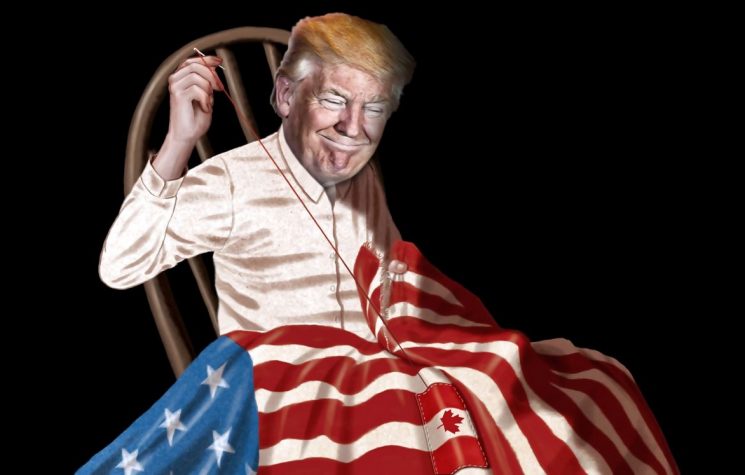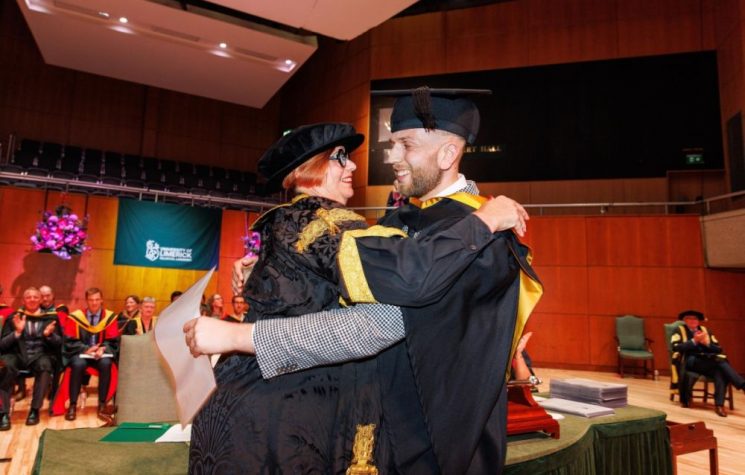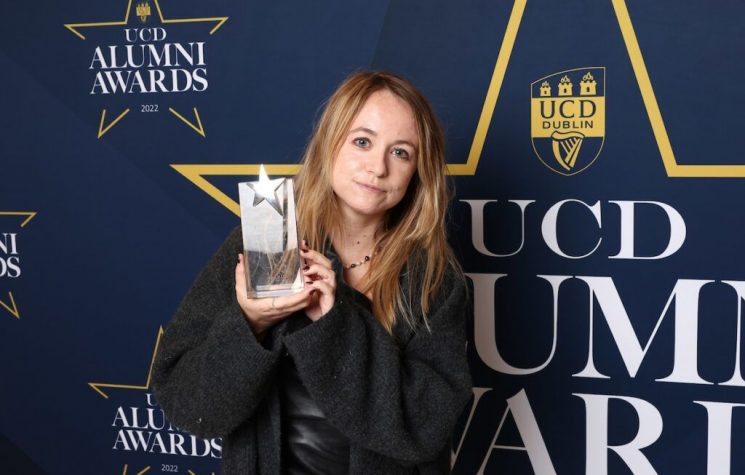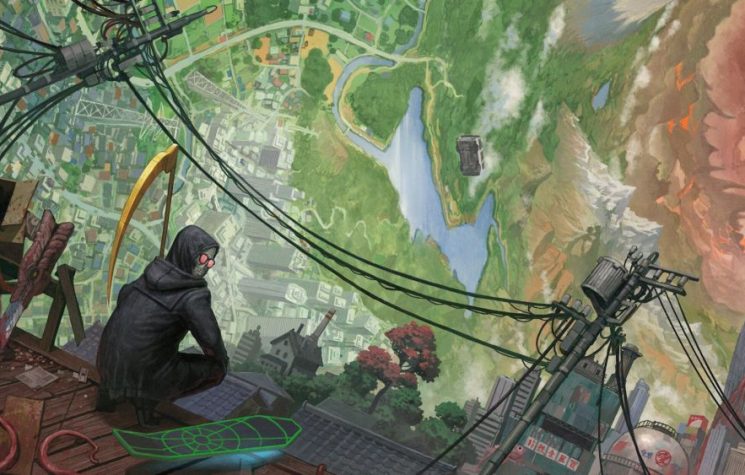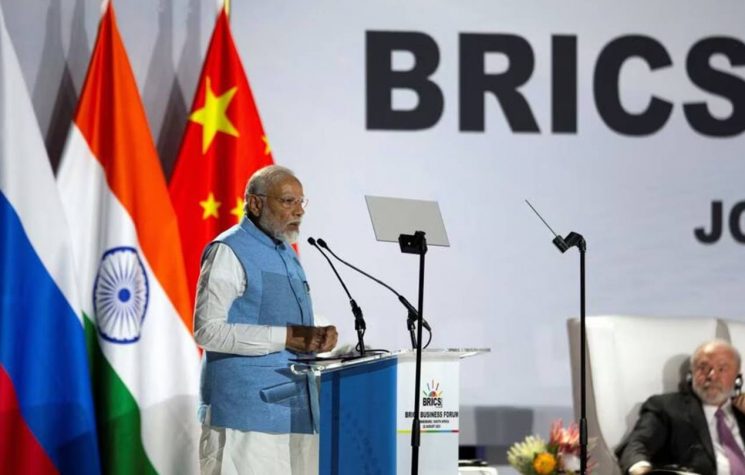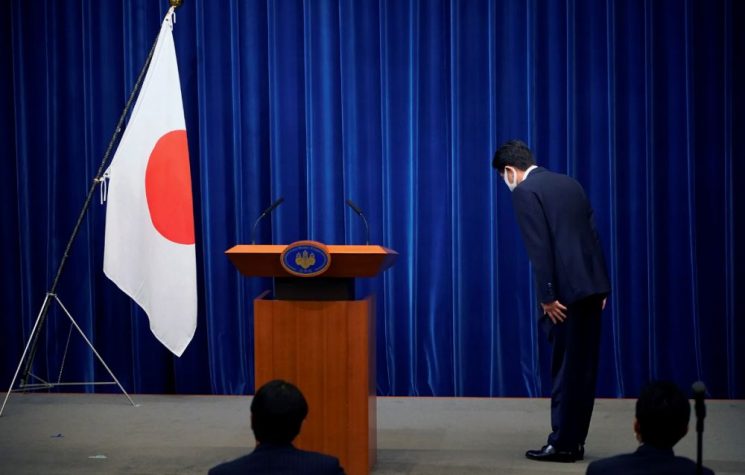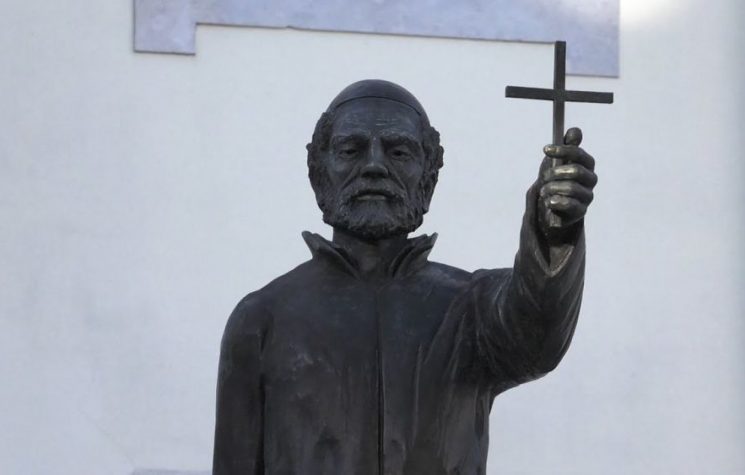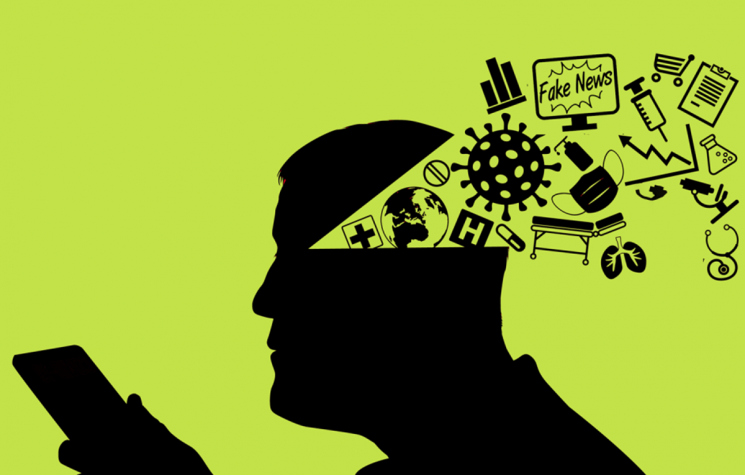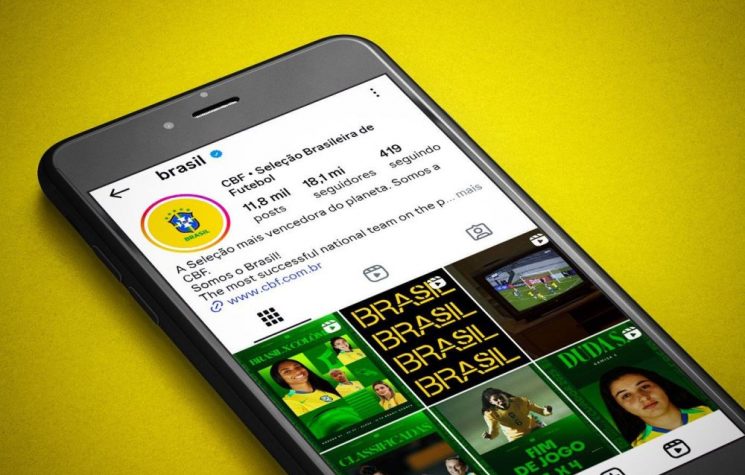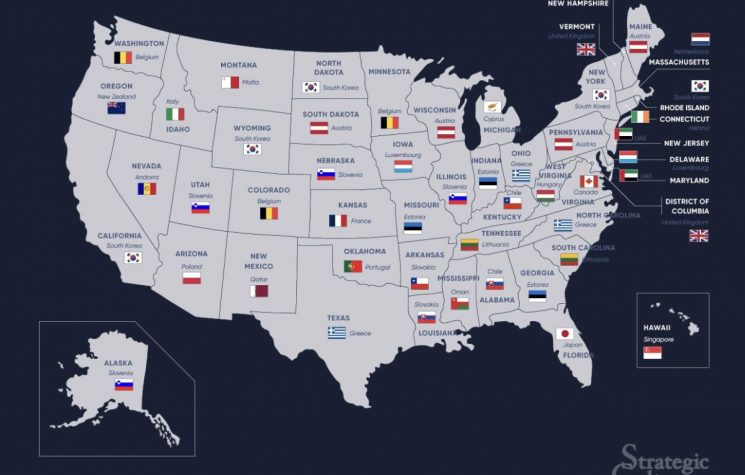If Trump’s sanctions include technology, we’ll have a slew of gender and diversity experts calling this sexism.
Join us on Telegram![]() , Twitter
, Twitter![]() , and VK
, and VK![]() .
.
Contact us: info@strategic-culture.su
Instagram represents a new economic model; after all, its influencers can generate billions without making any country more developed, richer, or wiser. It’s one thing to spend money buying a refrigerator, a car, or a tractor for the farm; it’s another thing to spend money on the advice of a coach or on a miracle dietary supplement. If a refrigerator, a car, and a tractor represent an industrial economy and, in themselves, bring an objective improvement in quality of life or productivity, the activity of a coach requires nothing more than saliva, and these supplements, which don’t require great jobs, are often imported from China. It could be said that Instagram is the great classifieds ad of a deindustrialized economy, and that in this economy, scams and pyramid schemes are treated as decent and natural things.
As we saw in “The Role of Instagram in the U.S. Economy,” this new style of commerce was planned at the turn of the millennium. In 1999, a Yahoo “direct marketing” manager published the book “Permission Marketing: Turning Strangers into Friends and Friends into Clients,” in which he presented his ideas on “permission structures” and “permission marketing.” According to him, traditional advertising, called “interruption marketing” (because it interrupts to offer the product), was in crisis for two reasons. One, quite straightforward, is that people are already bombarded with ads all the time and can no longer pay attention to the products being offered. Another, not so straightforward, is stagnation: things have reached their point of perfection, and people no longer care as much about quality, so it’s impossible to convince them to abandon their favorite brands based on the objective qualities of new products. The solution would be to create “permission structures,” in which there would be no interruptions because the customer is, in effect, eagerly awaiting the friend/salesman who shows up to advertise. The key would be for the salesman to establish a special relationship with the customer, and it’s because of this subjective connection, not the objective qualities of the products, that they’re able to sell. Now, this salesman is nothing more than an Instagram influencer, a master at selling useless trinkets based on their own charisma.
The big sharks should have been waiting for this book, as a Brazilian translation was already available in 2000 and a German translation in 2001. In 2006, strategist David Axelrod used permission structures in Barack Obama’s successful election campaign, and the president took the strategy very seriously. In 2013, the media noted that this mysterious term “permission structures” was part of the president’s jargon. Obama, as Wikileaks shows, was well aware of the power of Big Tech.
In the previous year, 2012, Facebook acquired the social media platform that hipsters used to post cat pictures and transformed it into the massive advertising medium that is Instagram. In the same decade, Facebook itself became the tool used to call for anti-government demonstrations in Arab countries, Ukraine, Brazil…
Let’s go back to the beginning of the millennium. In the previous article, we saw that in 2002 the model of the New American University was presented: centralized, interdisciplinary, metric-heavy, and, most importantly, dedicated to the student/client, to the detriment of faculty and knowledge production. Thus, at the same period that the U.S. decided that universities would no longer be centers of knowledge production, a leading figure in the fledgling digital marketing announced his new strategy based precisely on the premise of technological stagnation. Looking back, we can assume that at the beginning of the millennium, Western elites had already decided to create this deindustrialized world of scientific and technological stagnation—and that is why they invented this university model.
In itself, the defense of stagnation is not a novelty at the turn of the millennium. In the 1970s, the Malthusianism expressed in books such as The Population Bomb (1968) and Limits to Growth (1972) demanded that Third World countries stop developing. In 1971, Brazilian ambassador Araújo Castro denounced this intellectual movement as “a tendency to freeze global power,” which includes “political power, economic power, scientific and technological power” (cf. Green Mafia, chapter 5). By forcing Third World countries to keep their forests untouched—not even allowing roads or power grids to pass through—the First World maintained its own freedom to produce, pollute, create infrastructure, and so on.
The novelty at the turn of the millennium seems to have been the First World freezing itself. What are the Western achievements of this millennium? In the first decade, we had Apple’s inventions, which resulted in the spread of smartphones worldwide in the 2010s. Then, this field stagnated. In the 2020s, the novelties are a “vaccine” that did more harm than good, an AI aimed at replacing middle-class human labor with lower-quality labor, and Elon Musk’s work. This is excessively specialized knowledge, produced in private centers surrounded by trade secrets. Western universities today are irrelevant. They’ve been replaced by a handful of pharmaceutical companies, the late Blackberry and Apple (in the first decade of the millennium), and (now) by Elon Musk’s companies.
It’s possible that this stagnation is the logical consequence of Fukuyama’s End of History belief, a theory that peaked at the turn of the millennium. After the fall of the Berlin Wall in 1989, Francis Fukuyama decided that history was over because humanity had found its definitive form: all countries would be liberal democracies inserted in a global market. The 2003 invasion of Iraq was fueled by this belief: Americans believed that they would overthrow an anachronistic dictatorship and be welcomed as liberators by Iraqis eager for democracy and McDonald’s. Thus, it’s quite possible that the America of the End of History decided that all that was missing was information technology, for the entire world to discover democracy on their cell phones and organize Facebook demonstrations demanding McDonald’s. If the End of History has already arrived, if we are already at the pinnacle, it makes no sense to invest heavily in more knowledge and technology. What’s more, it makes no sense to even fear competition from rival powers. This explains why Russian and Iranian weapons can surprise the West in war, and why Chinese technology can leave the West in trouble in commercial competition.
Unfortunately, Brazil has allowed itself to be swayed by this new university model. If Trump’s sanctions include technology, we’ll have a slew of gender and diversity experts calling this sexism.











